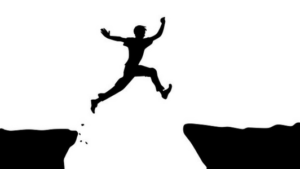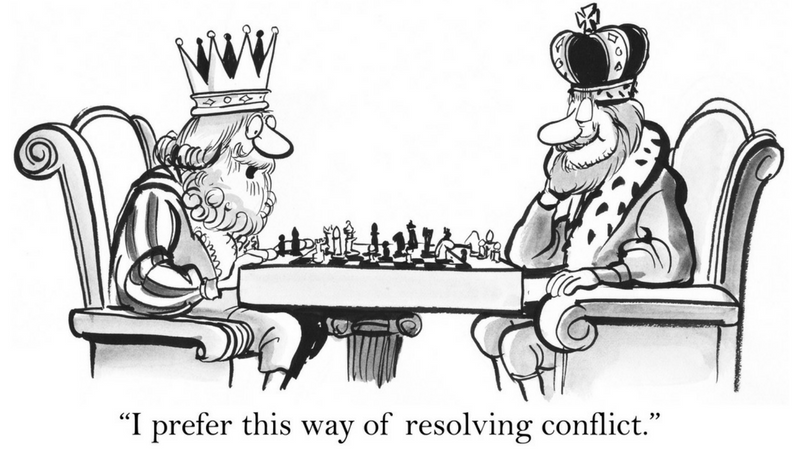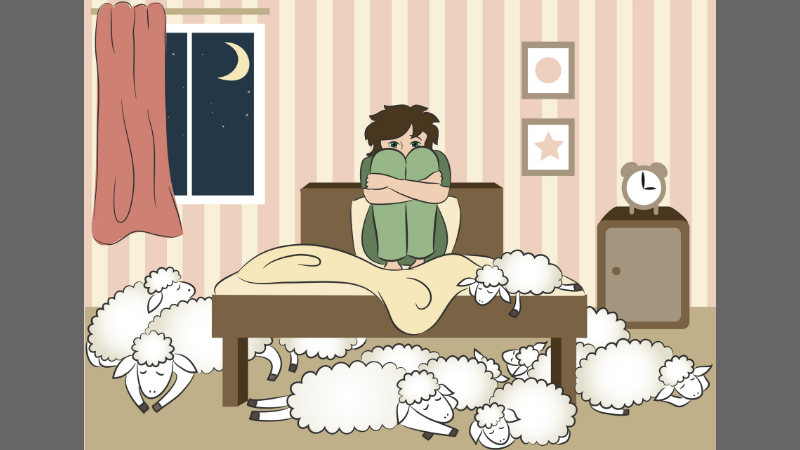When Motivation Disappears, Try These Tips
This is the third post I’m writing today, which is more than I usually do. In fact, for the past few weeks, I’ve struggled to get one post written every week (my standard is at least two for the week).
It’s been frustrating, but the reality is that my motivation fell off a cliff not long after I received the first print copy of the devotional I wrote.
I’ve had a couple of good days since then, where I’ve been able to sit down and make things happen (it’s the only reason I’ve stayed mostly consistent with posting on Medium), but overall the idea of opening my laptop has filled me with dread for the past couple of weeks.
I’m getting back into form again, and I’m excited about it. I was sharing some of my feelings with my Creating Normal Podcast co-host James Prescott, and the conversation gave me some clarity on the challenges we face with motivation. It helped me, so I thought I would pass along some of what I uncovered with you.
First of all, we need to understand why we’ve lost motivation. In my case, I had two key factors. The first was burnout. I’d been pushing hard for several months and, while it paid off from a productivity and results perspective, the reality was that I pushed too hard for too long.
In retrospect, I’m proud of myself because I managed to do a good job of self-care even with everything I had going on, although ultimately I needed to be more aggressive in pruning the number of projects I’d taken on.
The second factor for me was a trigger. Triggers are words or experiences that set off an automatic response in our minds or bodies.
While they can be positive or negative, awareness of our negative triggers is essential to maintaining good mental health. In this case, it was opening and holding my first book in my hands for the first time.
It created an identity crisis in me: The tape in my head told me that I was the person who never completed anything, and yet here I held a finished project in my hands. I was now someone who completes things, and that brought pressure.
The tape in my head was tangibly wrong, and it created in me a false sense that I now I have to finish everything I start with no excuses. It’s a cognitive dissonance that sidelined me unnecessarily. It’s taken me several weeks, but I’m growing more comfortable with this change in my identity.
There are other sources of lost motivation, as well. For some, it can be fear of the unknown or some other fear. For others, it can be feeling overwhelmed by the size of the project or goal they’ve taken on. Or, it can be something else entirely.
One thing I realized in my conversation with James, though, is that sometimes a lack of motivation hides something deeper going on. If our motivation falls off at the same time that we find we take less joy in our usual activities or hobbies, have changes in our sleeping or eating patterns, or find ourselves naturally withdrawing from our social groups, it’s worth getting an evaluation for depression.
Depression is a sneaky, sneaky beast, and it likes to trick us into thinking we’re only going through a brief setback. If your motivation is low for more than two weeks, I strongly recommend seeing a doctor for an evaluation.
Even when we struggle to understand why we’ve lost our motivation, though, there are still some simple steps we can take to get back on track.
One of my favorite skills is called “Opposite Action.” Essentially, Opposite Action is doing the opposite of what we feel like doing. Let’s run a laundry example. Let’s say I have laundry to do, and I’m completely unmotivated to do it; instead, what I feel like doing is sitting on the couch and watching Netflix.
However, I know that I will feel better for having at least started the laundry and I will feel a sense of accomplishment once I’ve done it. Even though I don’t feel like it, I get up and start the laundry: I do the opposite of what I feel like doing.
Opposite Action is one of those things that seems obvious once we lay it out, particularly to the mentally healthy. “We all do things we don’t want to do,” they say to those of us struggling. “Just get over it.”
The reality is that for someone in a darker or more challenging place, Opposite Action is an advanced skill. I know when I’m doing Opposite Action, and the more often I do it, the easier it gets. I’ve also found the sense of accomplishment and well-being created by doing something to care for myself even though I didn’t want to is itself a big reward. Even so, it is especially important that we recognize and congratulate ourselves for using this skill because it is a challenge.Beyond Opposite Action, I also recommend keeping a store of items that remind you of your successes and awesomeness and, for those pursuing something beyond themselves, your “why.” Going back to why we started the project can itself be enough to help us get back on track.
I keep screenshots of comments people have made on my Medium posts, the website, and on Facebook that give me a warm glow and remind me that I am helping people. I’ve done this long enough now to know that people are slow to praise (or simply engage), even when they appreciate what you are doing.
As a result, I look at each bit of positive feedback as representative of more than just the one person who responds. The specific feedback may be unique to them, but experience tells me that they represent at least three more people who appreciate what I’m doing. Even if I’m technically wrong, I find it encouraging to think this way, and it helps me get back on track.
To be effective, build these lists while you are feeling good. If you see or receive something that gives you a warm glow, capture it in a place that’s easy to access. It’s doing your future self a massive favor.
My last tip is to walk away for a bit. I’ve spent the last couple of weeks cleaning my house, getting caught up on laundry, knitting, and focusing on other projects that were sidelined due to my focus on Wounded Birds Ministry. While I continued writing for Medium and the website and continued to engage in the Facebook group, I let a lot of other components lapse.
What I found is that stepping back a bit recharged my batteries and last week, I felt an urge to write again. I sat down at my laptop and just went for it. It felt great and encouraged me to keep going – so I put in more than 5,000 words on the memoir I’m writing.
Changing creative outlets or stepping away is a great tool for letting our brains rest and regaining motivation. I once heard one of my favorite authors, Ursula Vernon, talk about how she loves doing art for her children’s’ books, but once she finishes a book, she needs to step away from the studio for a while before she gets her creative urge back. Similarly, Dan Miller of 48 Days fame talks about how he needs the flexibility to float between projects and shift focus.
I know some people think that stepping away from a project is tantamount to admitting failure and that’s inaccurate. It’s acknowledging you are human and you need a break from whatever it is you’re doing. You can always pick the project back up where you previously left off; that work doesn’t disappear unless you decide to get rid of it (which is also OK; some projects are not meant to be permanent fixtures in our lives).
For me, the key is to remember that a loss of motivation is temporary and that it doesn’t mean I’ve fallen apart as a person. Now that I’ve developed these skills and tricks, I’m finding that I bounce back from these periods of my life more quickly.
What’s one time you lost your motivation? How did you respond?
Looking for daily inspiration and community? Join our warm and supportive Facebook group!










